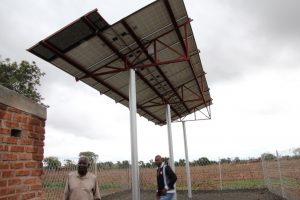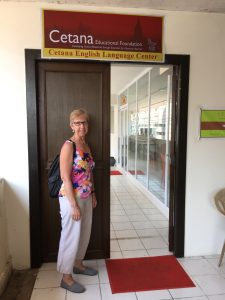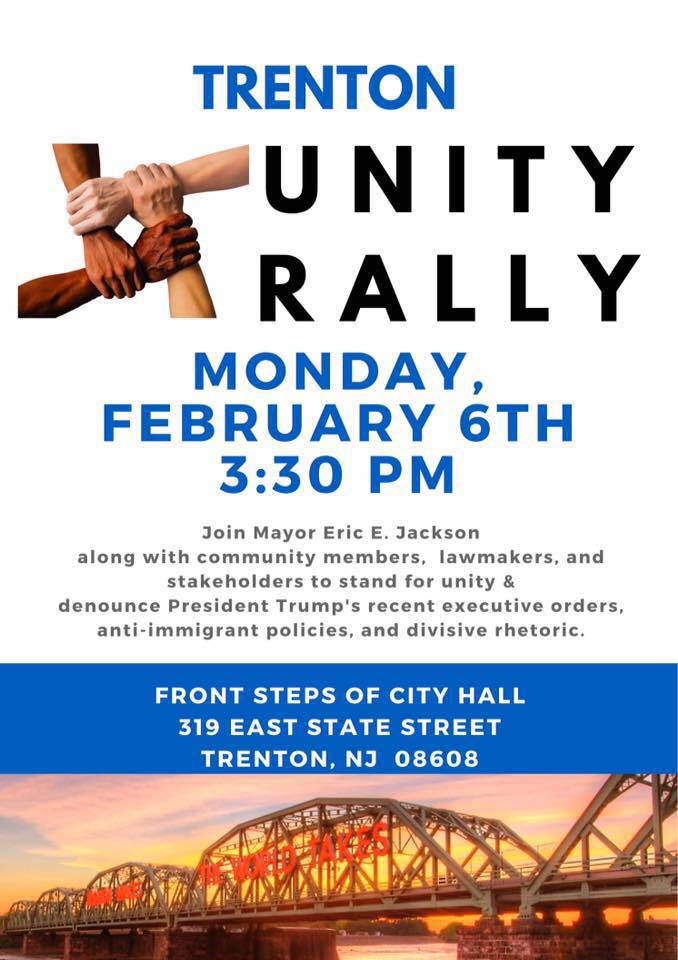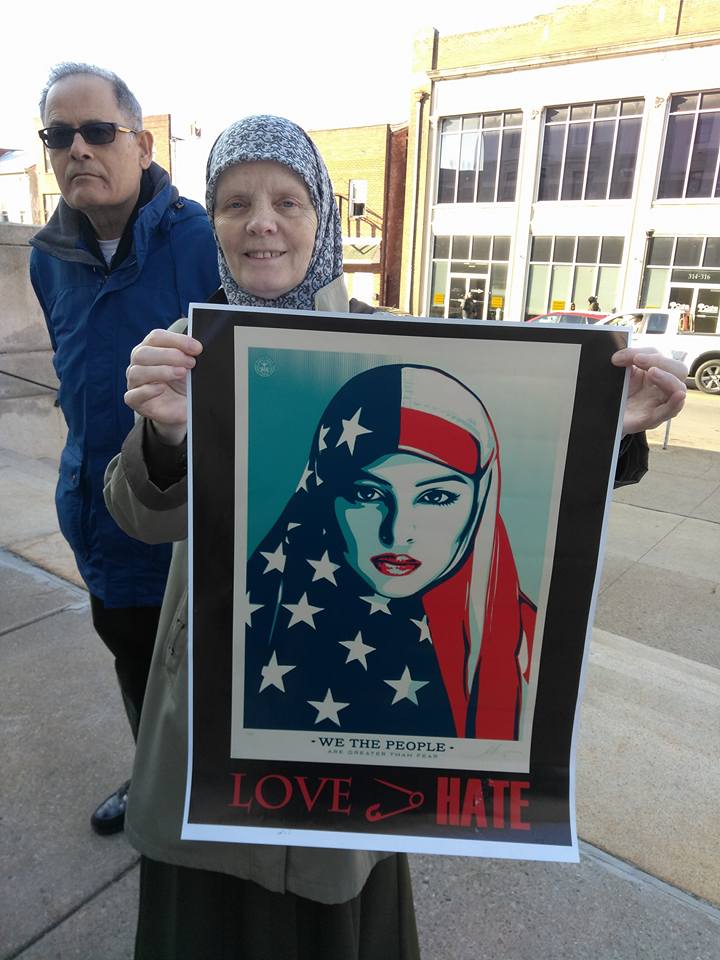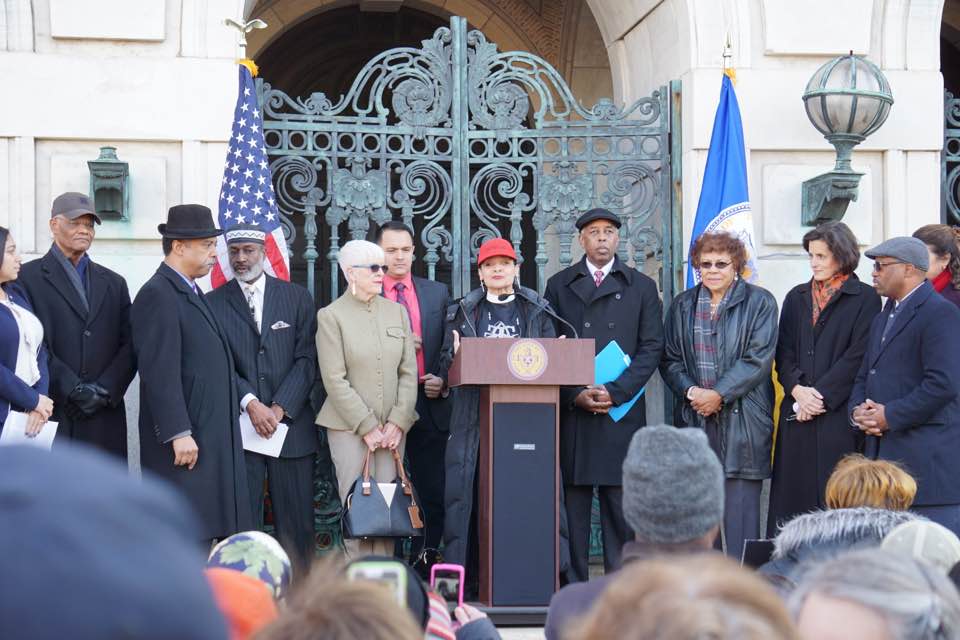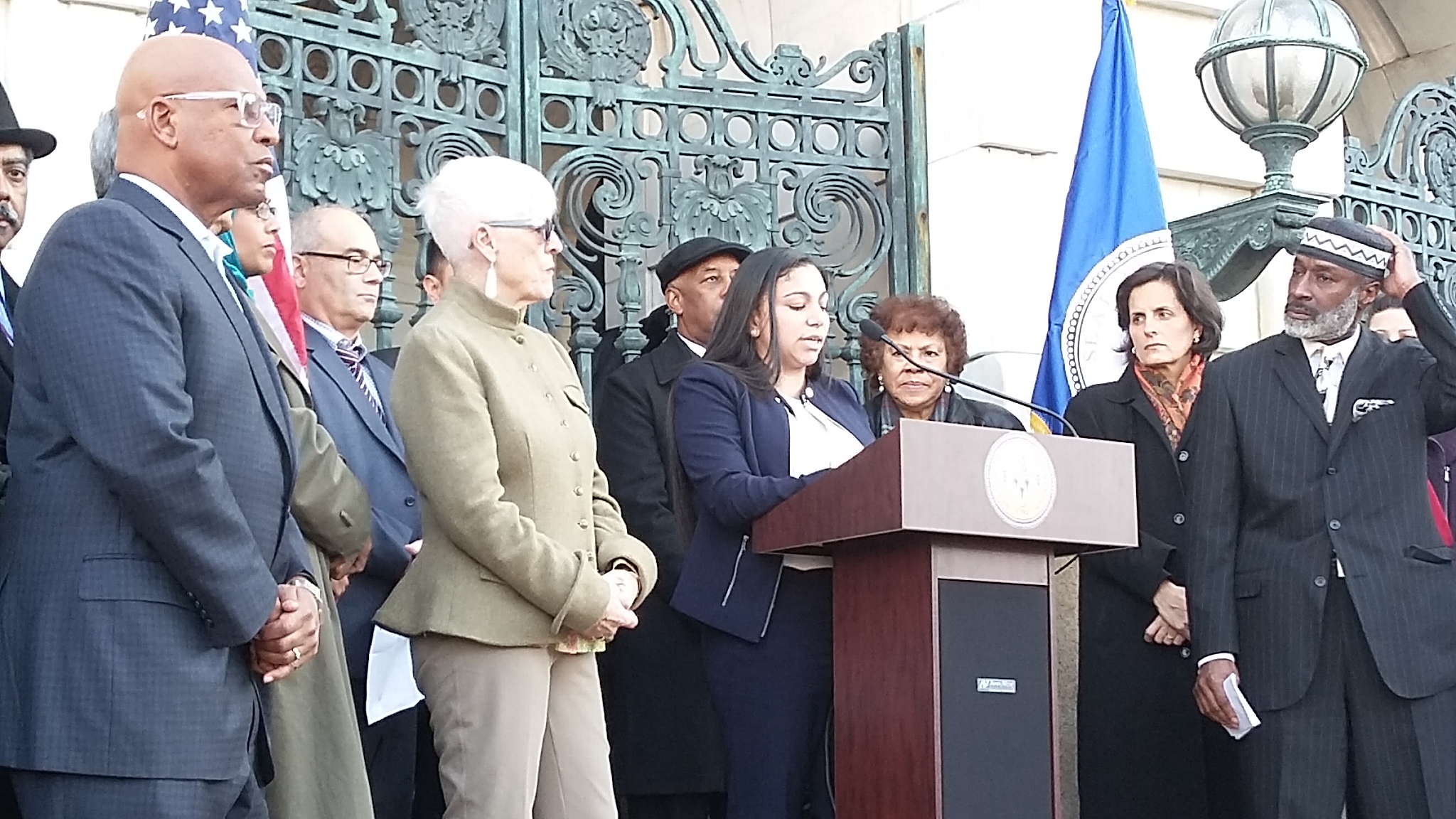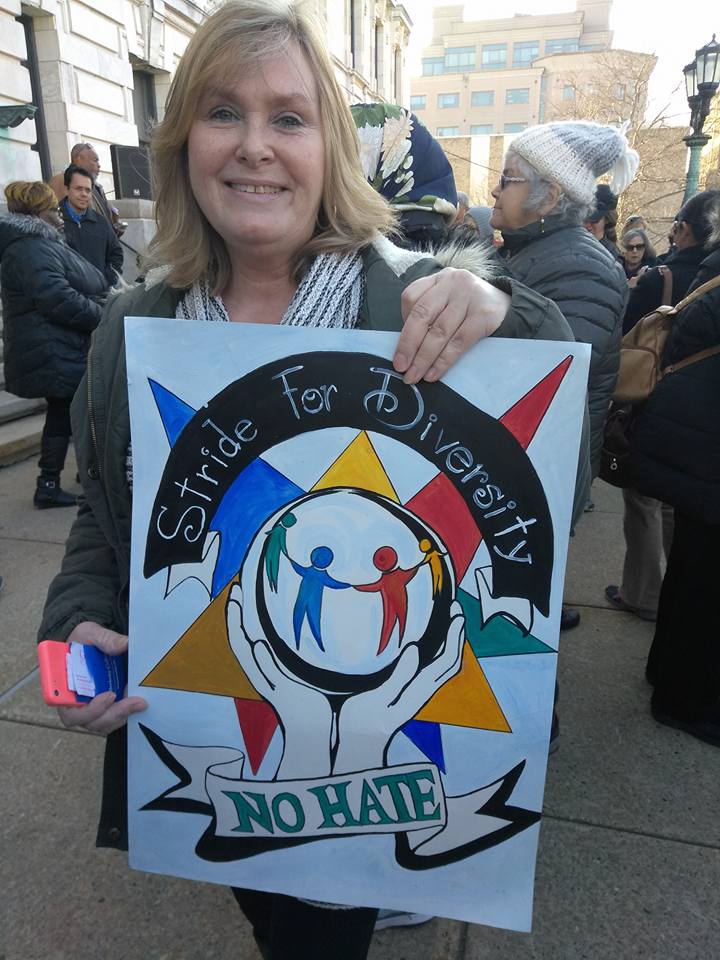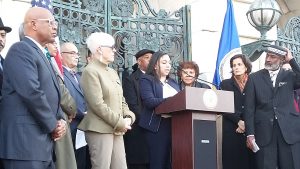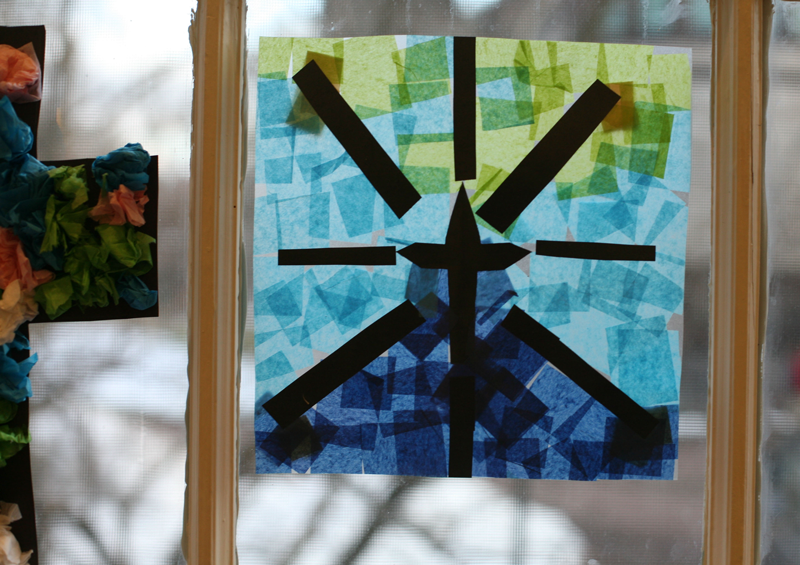Download a copy of the print brochure here: Lent-2017 (pdf)
The digital media files posted on the Nassau Presbyterian Church website are copyrighted by the pastors and presenting lecturers. These works are only for personal and educational use through a digital media player on a personal computer or using a personal digital media device (e.g., iPod). These works may not otherwise be archived or re-posted on the Internet, broadcast in any manner, distributed, transcribed or modified in any way without written permission of the presenting lecturer. The user of the audio file holds no license (of any form – expressed or implied) to any of the content of these files. The same applies to any PowerPoint® presentations.
Reflecting on Lent in Art and History
Sundays, 9:15 am, in the Assembly Room, unless otherwise noted
See Lent through the eyes of diverse approaches — interpretative dance, art, historical reflection, and theological pondering.
March 5
“I Am the Lord of the Dance, Said He”
Meagan Woods
Come and explore, through demonstration and discussion, dance’s ability to capture themes, characters, and storylines of lent. Examine how particular movements can evoke emotive or narrative elements of scripture, and how the silent act of dance can expand our interpretations of text and song. Participants will be invited, but not required, to participate in gentle movements during the class.
Meagan Woods graduated with a BFA in dance from Rutgers University. Her company has presented original, high-caliber dance pieces in venues across the Northeast and twice for TEDtalks. From 2011– 2012, Meagan Woods & Company served as artist-in-residence at Nassau Church.
March 12
Caravaggio’s Passion of Christ
Jason Oosting
Visualize Christ’s Passion through the eyes of a profane genius, Caravaggio. Examine several of his works of art, discussing both the events of his turbulent life and his revolutionary painting style, focusing primarily on how it was intended to elicit powerful, emotional responses in viewers from the 17th century to the present.
Jason Oosting teaches Advanced Placement Art History at Montgomery High School. He lives in Hopewell with his wife Shari, two sons Asher and Ezra, and two daughters Elia and Ada.
March 19
Fed at the Table
Eric Barreto
When we talk about “salvation,” what do we mean? For the Gospel of Luke, salvation is not a future reality for which we wait but a lived reality we can experience in the present day. Salvation is something we can taste, like a delicious meal. Salvation is something we share with others like a marvelous meal. Salvation is here and now. In the Gospel of Luke, such salvation is tangible, real, and life-altering. For Jesus in Luke then, the table is not just a place to eat but a symbolic center of belonging. The table in Luke is a welcoming space where sinner and righteous alike are looking for sustenance from God.
Eric Barreto is Weyerhaeuser Associate Professor of New Testament at Princeton Theological Seminary, an ordained Baptist minister, and a Nassau parent.
March 26
Cultural Trauma and Conflict in England’s Reformations: Two Tudor Stories
Alastair Bellany
Explore two short documents that reveal radically different experiences of England’s sixteenth-century religious struggles: a gentleman’s lament for the lost religious world of his Catholic youth and a sympathetic account of a poor Protestant woman’s willingness to sacrifice her own life in the struggle against “Antichrist and the devil.”
Alastair Bellany is Professor of History at Rutgers University, and works on the political and cultural history of sixteenth- and seventeenth-century Britain. He is the author most recently of The Murder of King James I, co-written with Thomas Cogswell, and published by Yale University Press.
This series continues April 2 and 9 with Dale Allison, A Historian Looks at the Crucifixion, Burial, and Resurrection of Jesus.
In-Depth Bible Study
Ongoing through May 21
1st Corinthians
George Hunsinger
9:15 am
Maclean House
George Hunsinger returns for the 20th year to lead this verse-by-verse examination of the First Letter of Paul to the Corinthians. Bibles are available for use during the class. Find them on the Deacon Desk by the church kitchen. Class meets next door in Maclean House (Garden Entrance).
Lament: Voicing Our Cries
Sundays, 9:15 a.m., in Music Room unless otherwise noted
Explore the Christian practice of lament through the biblical text and other artistic resources. Each class will stand on its own, addressing one of the five facets of lament. Taken as a whole, this series will allow you to construct your own psalm of lament, writing proficiency not required.
Melissa Martin is a third-year student at Princeton Theological Seminary.
March 5
Lament: What Is It?
In a world filled with evil, we sometimes find ourselves overwhelmed and frustrated. Families deteriorate, relationships are broken, and power is abused. As people who believe in the goodness of God, come and look at lament as a response to the problem of evil.
March 12
Lament: Addressing God
Following a pattern in the psalms, analyze how the psalmist addresses God. What gives the psalmist the right to talk to God in this way? To answer this question, we will seek to define the different roles that both we and God inhabit. Once we define these roles and how they relate to one another, we will work together to write an address to God.
March 19
Lament: Filing a Complaint
The psalmist is not bashful. The practice of lament not only includes acknowledging God’s authority; it also includes filing a complaint to that authority. Looking to biblical sources like Job and Habakkuk, learn more about what it means to file a complaint to God, even daring to do so ourselves.
March 26
Lament: Declaring Trust
Walking through a history of God’s providence in the lives of God’s people, the psalmist declares trust in a living and loving God. Before we turn to our own lives, we will recount God’s care as recorded in the Bible. Come and share stories, and construct personal statements of trust in God.

